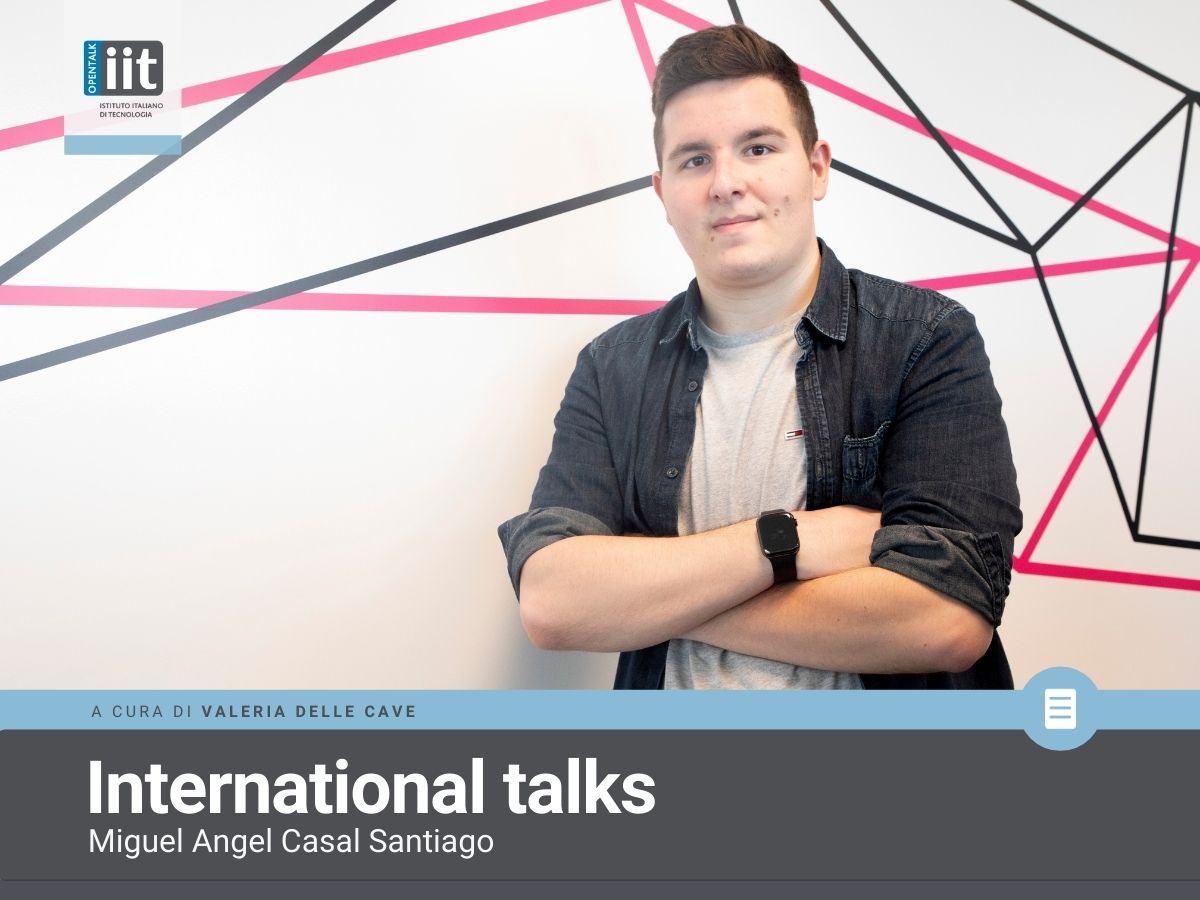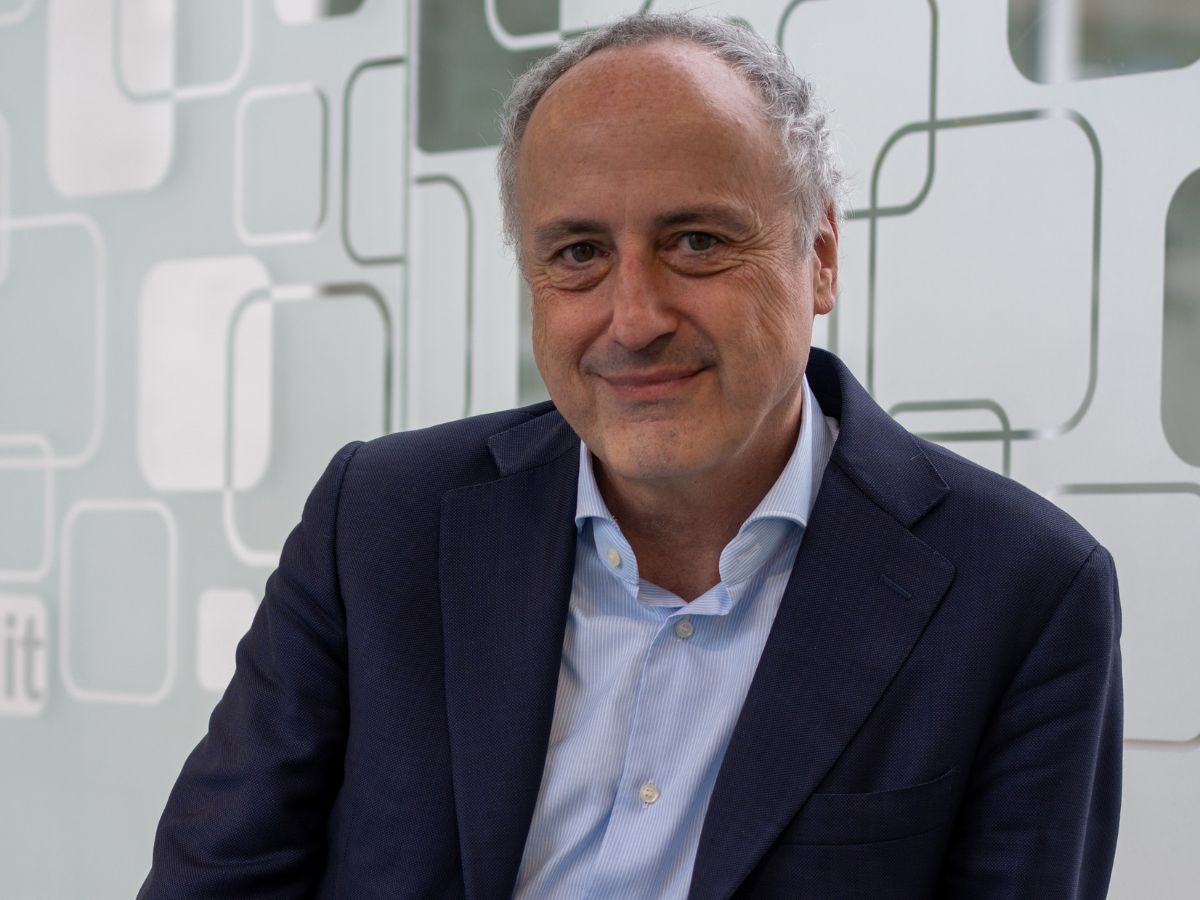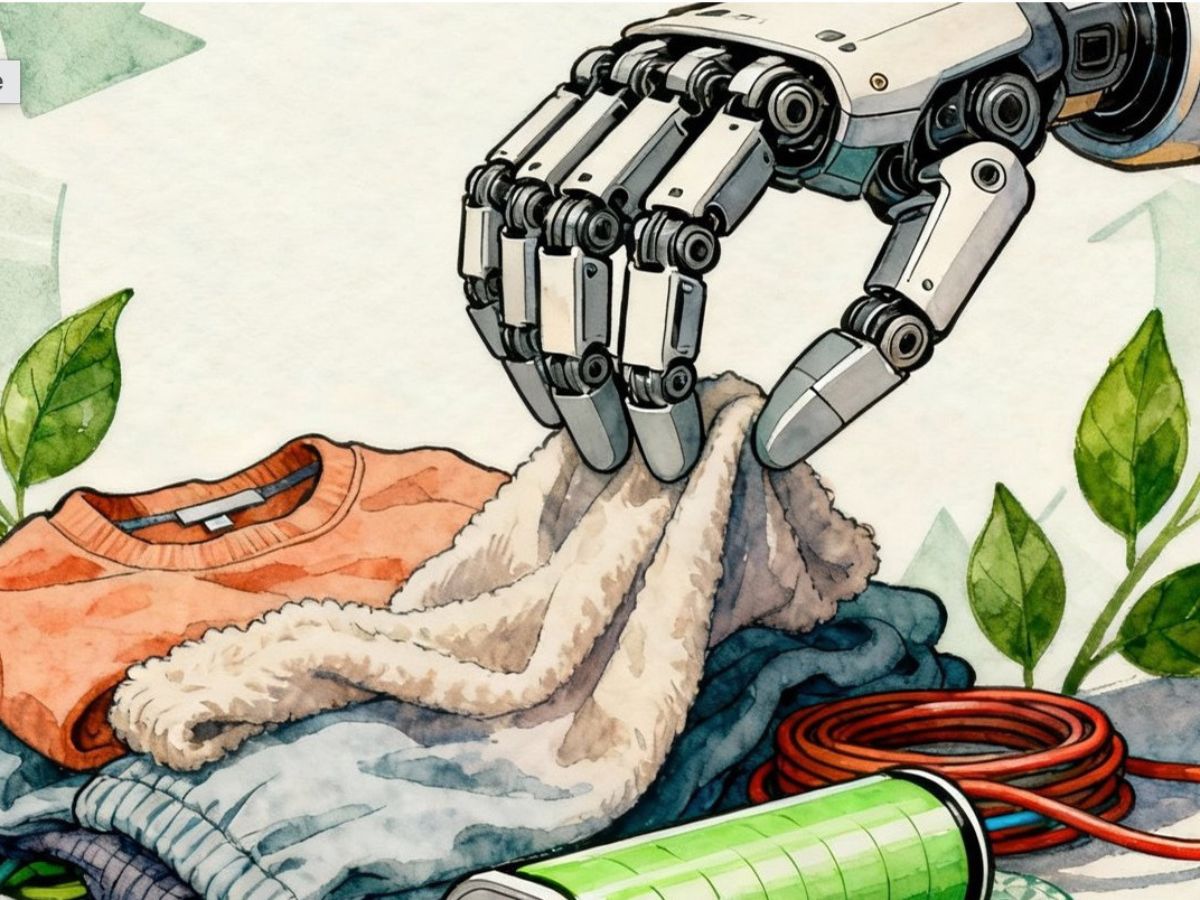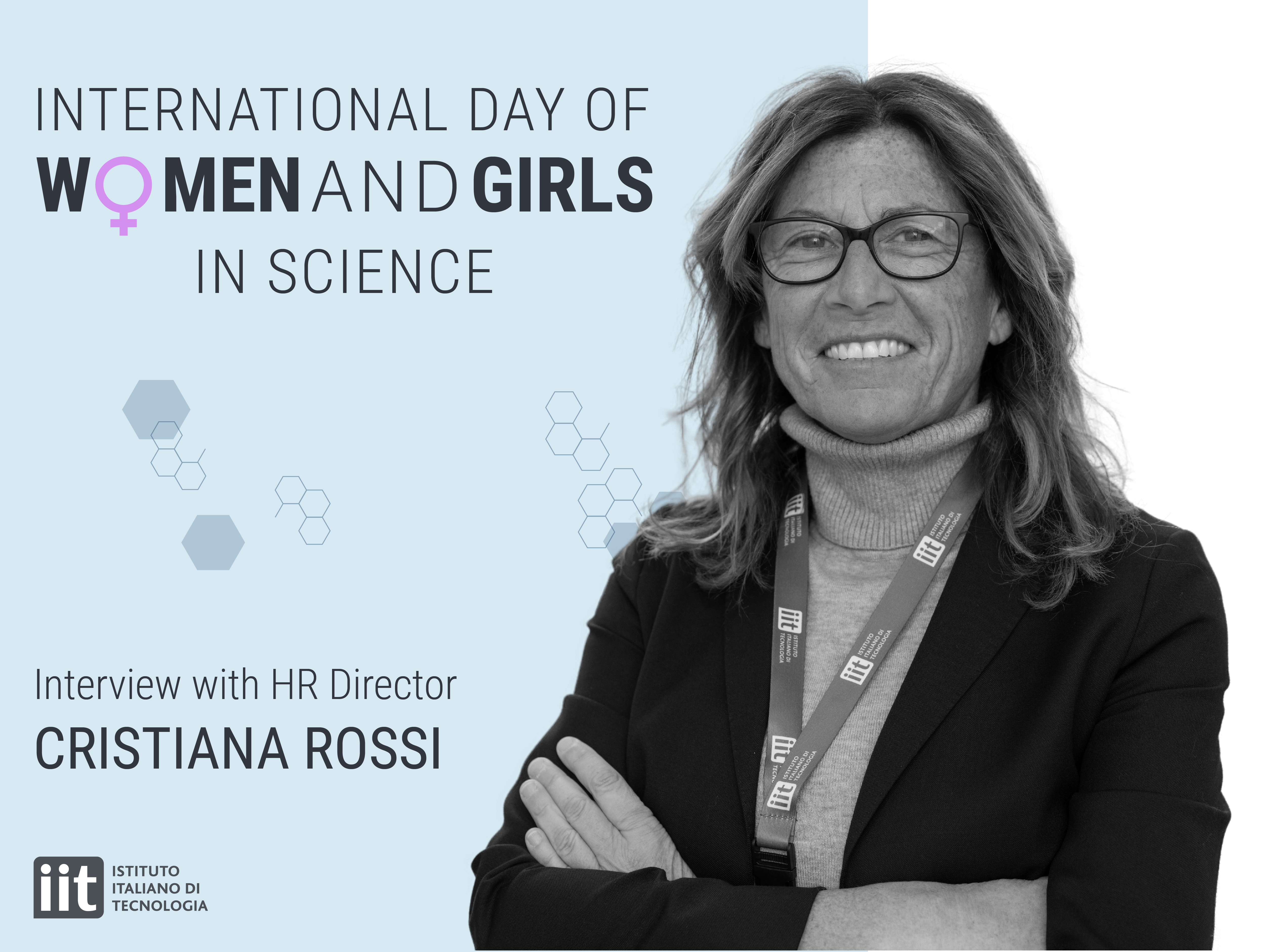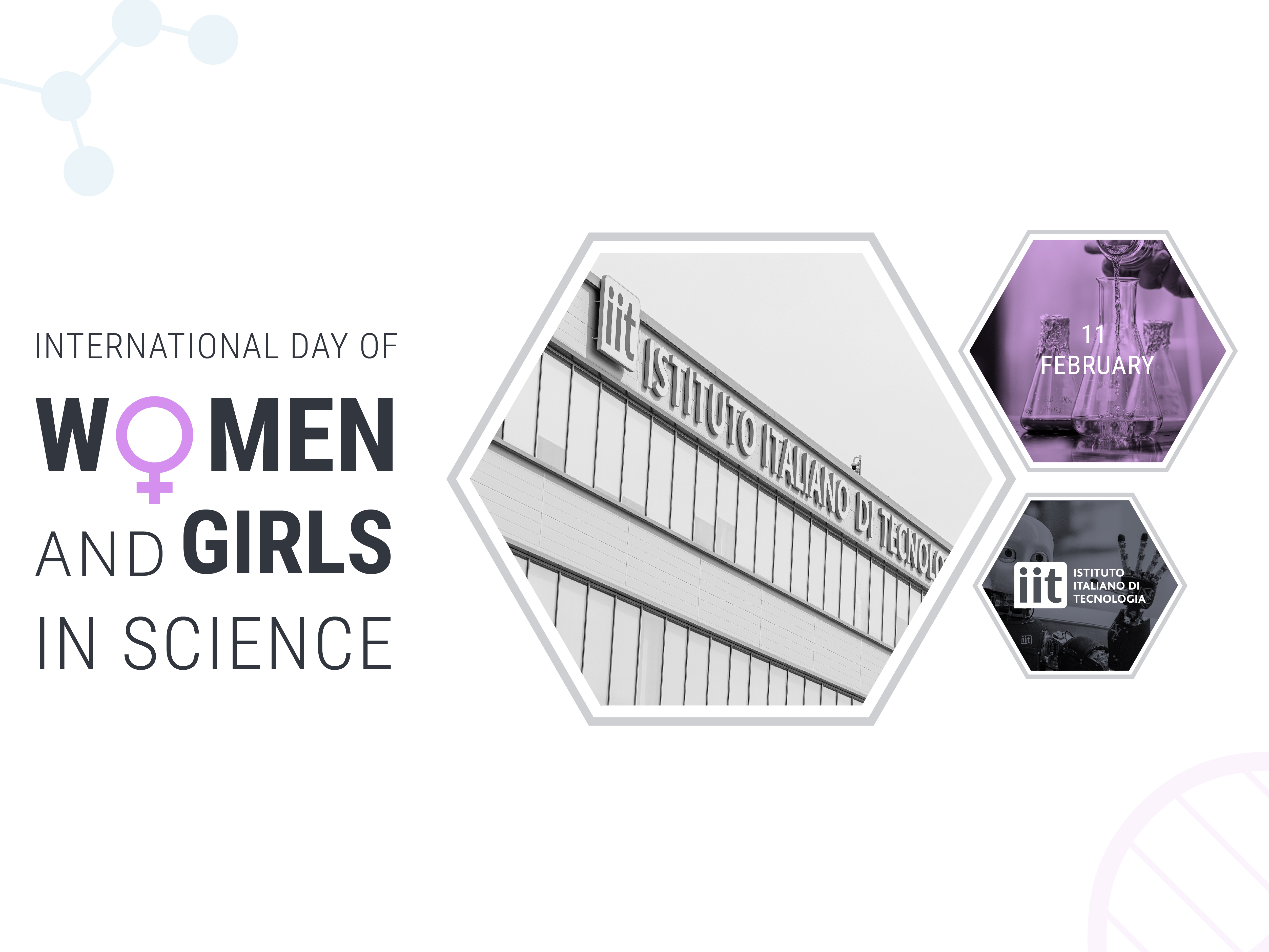An amazing future to unveil
I was born in Spain in 1996. Since I was a child I aimed at contributing to make this world a better place for living. That led me to study Biomedical Engineering in Barcelona at Universitat Pompeu Fabra, to understand the possible applications of technology to medicine that could improve day-to-day people’s life. During this period, I realized that there are some topics that biology and medicine have not been able to shed light over. One of them is the brain, a complex organ made of billions of electrically active cells, called neurons, that process all the information we receive through the senses to then produce the corresponding suitable actions we finally execute. To achieve a complete and deep understanding about the brain, we need to look at the intersection between biology and medicine with mathematics and physics, which drove me to study the memory mechanisms and information processing capabilities of the brain in my Bachelor’s thesis. At this point, I committed myself to learn more about the such a complex organ and try to understand it better.
For this reason, I moved from Spain to Italy to do my PhD in Computational Neuroscience within the Neutouch Project, an Innovative Training Network funded by the European program Horizon2020, with the aim of gaining knowledge about how humans process the information perceived by the tactile sense and how it is used for the behavior we exhibit. This knowledge will have implications in many fields ranging from robotics, to produce more human-like robots that favor interaction, to prosthetics, to create devices that can provide the user with a better feedback about the world surrounding them. Drafting the information flow within the nervous system is not an easy task. We basically address this problem using large scale simulations of the hand mechanoreceptors and neural recordings obtained during tactile discrimination tasks, to which we can apply statistical methods and machine learning algorithms that help us to answer the aforementioned questions.
Since I arrived to Italy, I realized I miss my place and my life in Spain, but I have discovered a new country in which I fit very well, with an amazing life —even considering the pandemic— full of warm and nice people, pizza and ice cream. Italy is full of nice places to visit, from Torino and Milano, to Roma and Napoli, going through Firenze and Bologna. I am currently living in Genova, which is a chaotic city, but it is surrounded by many small sea towns that are worthy to visit. You can also spend entire days walking through the forti routes to discover nature and wild life, if you do not mind going up and down through the hills. Genova has a very similar weather compared to my hometown as well, so raining in the winter was not a problem for me at all. All this makes me think I will miss Italy at the end of my PhD, but I will always feel I belong to this place.
This European program has given me the opportunity to move to a new place, work with top-level scientists and meet new people. Research requires to invest a lot of time on your work, but the results you obtain both in terms of knowledge and final applications is not actually valuable. Additionally, the environment you live in always keeps enriching you, meeting people from all around the world when traveling to conferences, from who you will learn something new. Academia is a good path to contribute to society, learn many new things everyday while having the opportunity to travel, make new friends and enjoy life.
My future is a bit uncertain. I find my career in academia inspiring and exciting, and I feel I would like to carry on with it at least for some years more. However, I also tend to love changing topics and learning about new things from scratch. Who knows if I will end up working in a company or setting up a graphical design studio, but that is the great part, learning as much as you can about all you can find.

